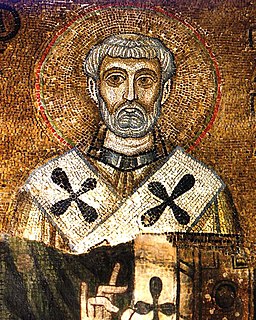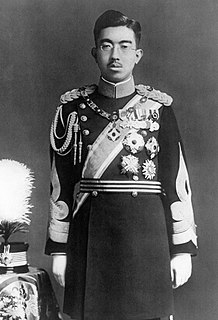A Quote by Theodore Roosevelt
Rarely has any people enjoyed greater prosperity than we are now enjoying. For this we render heartfelt and solemn thanks to the Giver of Good; and we seek to praise Him -not by words only -but by deeds, by the way in which we do our duty to ourselves and to our fellow men.
Related Quotes
In the chapter on study we considered the importance of observing ourselves to see how often our speech is a frantic attempt to explain and justify our actions. Having seen this in ourselves, let's experiment with doing deeds without any words of explanation whatever. We note our sense of fear that people will misunderstand why we have done what we have done. We seek to allow God to be our justifier.
When shall it be that we shall taste the sweetness of the Divine Will in all that happens to us, considering in everything only His good pleasure, by whom it is certain that adversity is sent with as much love as prosperity, and as much for our good? When shall we cast ourselves undeservedly into the arms of our most loving Father in Heaven, leaving to Him the care of ourselves and of our affairs, and reserving only the desire of pleasing Him, and of serving Him well in all that we can?
No matter how poorly our lives seem to be going, we can become part of a greater flow of good and increase our awareness by doing something more than we have to do-by giving of ourselves. One of the keys to prosperity is realizing that prosperity doesn't come by getting more-it comes by giving more! We can prosper by emphasizing what we are giving rather than concentrating on what we are getting.
In wishing to know ourselves fully, we must forget our quest for gain and seek only completion. At a certain point in our development, we no longer even seek to become Mystic, Magister, Sorcerer, or Witch: we seek only our own perfection in the wholeness of our Will, in the joining of light with dark and strength with love. We are varied and gorgeous yet pure of heart. Our aim is this: to know ourselves and to know the world.
What we seek to advance, what we seek to develop in all of our colleges and universities, are educated men and women who can bear the burdens of responsible citizenship, who can make judgments about life as it is, and as it must be, and encourage the people to make those decisions which can bring not only prosperity and security, but happiness to the people of the United Sates and those who depend upon it.
































